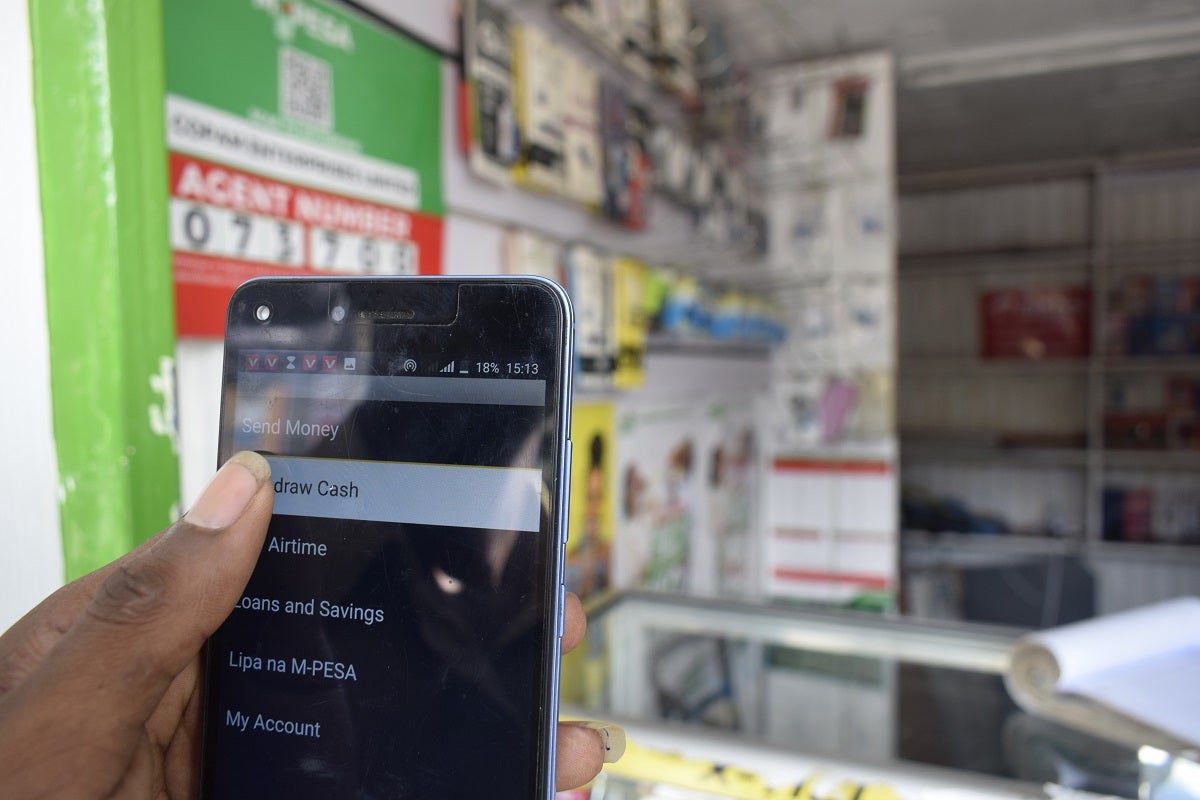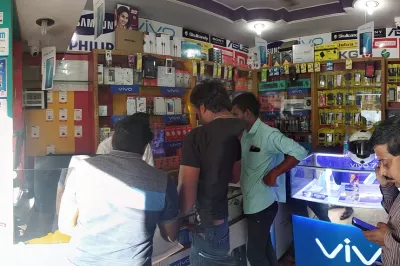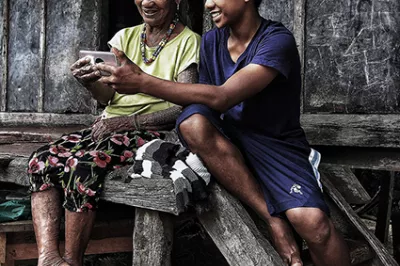Study Shows Kenyan Borrowers Value Data Privacy, Even During Pandemic
As digital financial services expand in developing economies, so do concerns over data privacy and protection for vulnerable poor customers. In the past, scholars of people’s views and behaviors related to data privacy often have focused on developed markets and identified a “privacy paradox”: a pattern where people say they care about privacy but, in practice, often are willing to give up their privacy for very small rewards. But new CGAP research in developing economies suggests that people with low incomes value privacy and back this up with their actions – even in the midst of a pandemic.

CGAP has been conducting behavioral research in India and Kenya for the past year to better understand how low-income customers view privacy. Our initial results, published in December, indicated that poor people do more than just say they are concerned about privacy; in fact, they are willing to pay for it and spend extra time to obtain it. Although we designed these experiments to mimic real-life decisions, a key limitation of the studies was that participants were asked to choose between hypothetical loan offers. In a just completed round of experiments, we set out to validate our earlier results by seeing how strong people’s privacy concerns were when making real-world borrowing decisions.
In this blog post, we focus on the results from our experiment in Kenya. We share results from India in another blog.
In Kenya, where many people are comfortable borrowing remotely using their phones, we were able to conduct the research virtually amid COVID-19 stay-at-home restrictions. Our partner, the Busara Center for Behavioral Research, secured the necessary approvals to give out loans. It then called and text messaged roughly 700 low-income participants in Kibera, a slum in Nairobi, between the end of May and early June. The 171 who completed the sales script were offered two seven-day loan options:
- Cheaper, lower privacy option. The first option was a 500 Ksh loan (roughly $5) with an interest rate of 4 percent (20 Ksh). It granted Busara full access to participant data, including the right to hold data permanently and share it with third parties. It did not require anonymizing the data or seeking further consent to use the data.
- Costlier, higher privacy option. The second option was a 500 Ksh loan with an interest rate of 6 percent (30 Ksh). Unlike the first option, it included privacy protections. It required us to anonymize the data and to delete the data after they was used to evaluate the applicant or to seek consent for any further use. The terms prevented sharing data with third parties unless it was legally required to do so.
To avoid creating more stress in the already challenging COVID-19 environment, loan applicants were told that the loans carried no penalties or fees for late repayment. After the loan due date, participants were informed that this was a research effort and they did not need to repay their loan; for those that had already repaid, the money was refunded to them.
Notably, of the 171 customers who heard the sales script, 71 participants decided not to take a loan — and half of this group declined because of privacy concerns. They did not want to share their mobile money (M-Pesa) mini statement listing recent transactions with Busara.
We were encouraged to see that of the 100 people who took loans, more than half chose the more expensive privacy-protected loan. This is consistent with the results we had in the earlier lab version of the experiment, where 64 percent of people chose the more expensive loan option. These results are remarkable considering the additional financial strain put on people by the pandemic, when a lower willingness to pay for privacy would have been expected.
A follow-up survey was conducted to better understand participant choices and how well they recalled the difference between the loans.
In this survey, most participants — 84 percent of those who chose the high-privacy loan and 60 percent of those who chose the low-privacy loan — stated that data privacy was extremely important to them. Forty percent of those who chose the high-privacy loan said they believed that firms misuse people’s data, while only 24 percent of the people who chose the low-privacy loan held this belief.
The survey reminded the participants who chose the high-privacy loan that they had paid an additional 10 Ksh (50 percent more than the lower fee) and asked whether they would have been willing to pay even more for the privacy features. On average, people said they would have paid up to 44 Ksh extra for this loan.
Most participants remembered the privacy and price differences between the loans, although half of the participants who chose the low-privacy option remembered only the price difference.
In earlier stages of this research, we saw that even people who preferred a high-privacy loan option would give it up if they thought it would hurt their chances of being approved for a present or future loan. Exit surveys for this experiment identified more cases of this misunderstanding, with 15 percent of people who chose the lower-privacy option stating that they chose this option so that they would be eligible for future loans.
“For 30 [Ksh] you are given [the loan] once and you can't be given again, while for 20 [Ksh] you can be given again,” one such participant told us.
This suggests that the preference for the high-privacy option may have been even higher if participants had been confident that their preference would not affect their present or future eligibility for loans.
Given the extraordinary financial burden and uncertainty people are facing during the COVID-19 pandemic, it is encouraging that 52 percent of people still chose to pay more for a loan with better privacy features. For providers, the findings strongly suggest that offering products with built-in data privacy and protections could give them an edge in a competitive marketplace, which could in turn promote the voluntary adoption of better privacy practices.




Add new comment